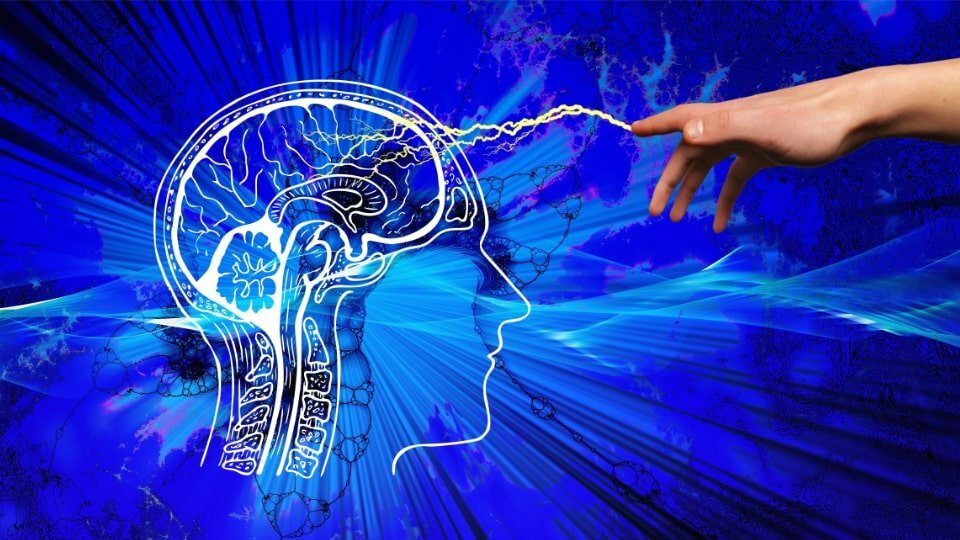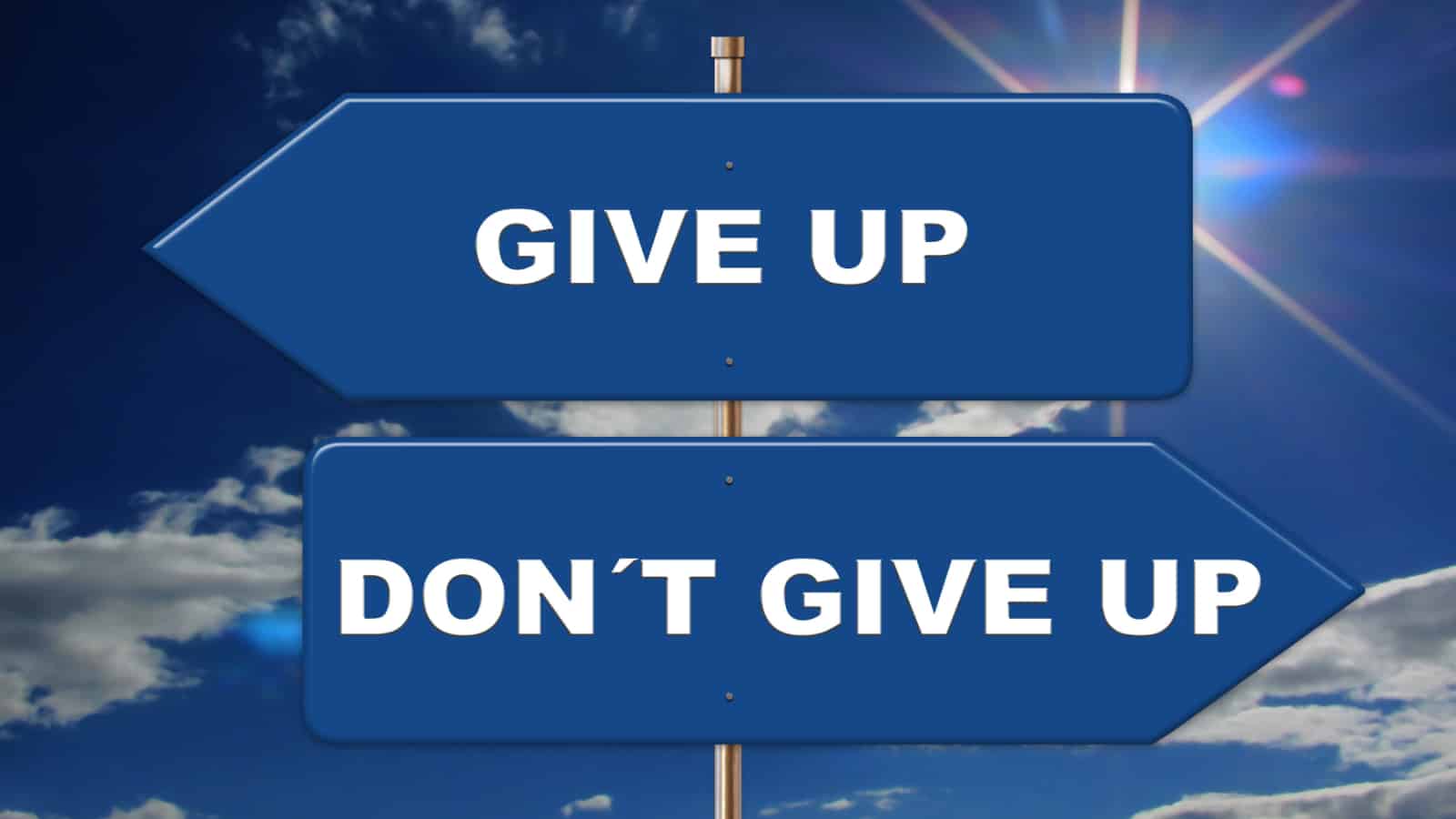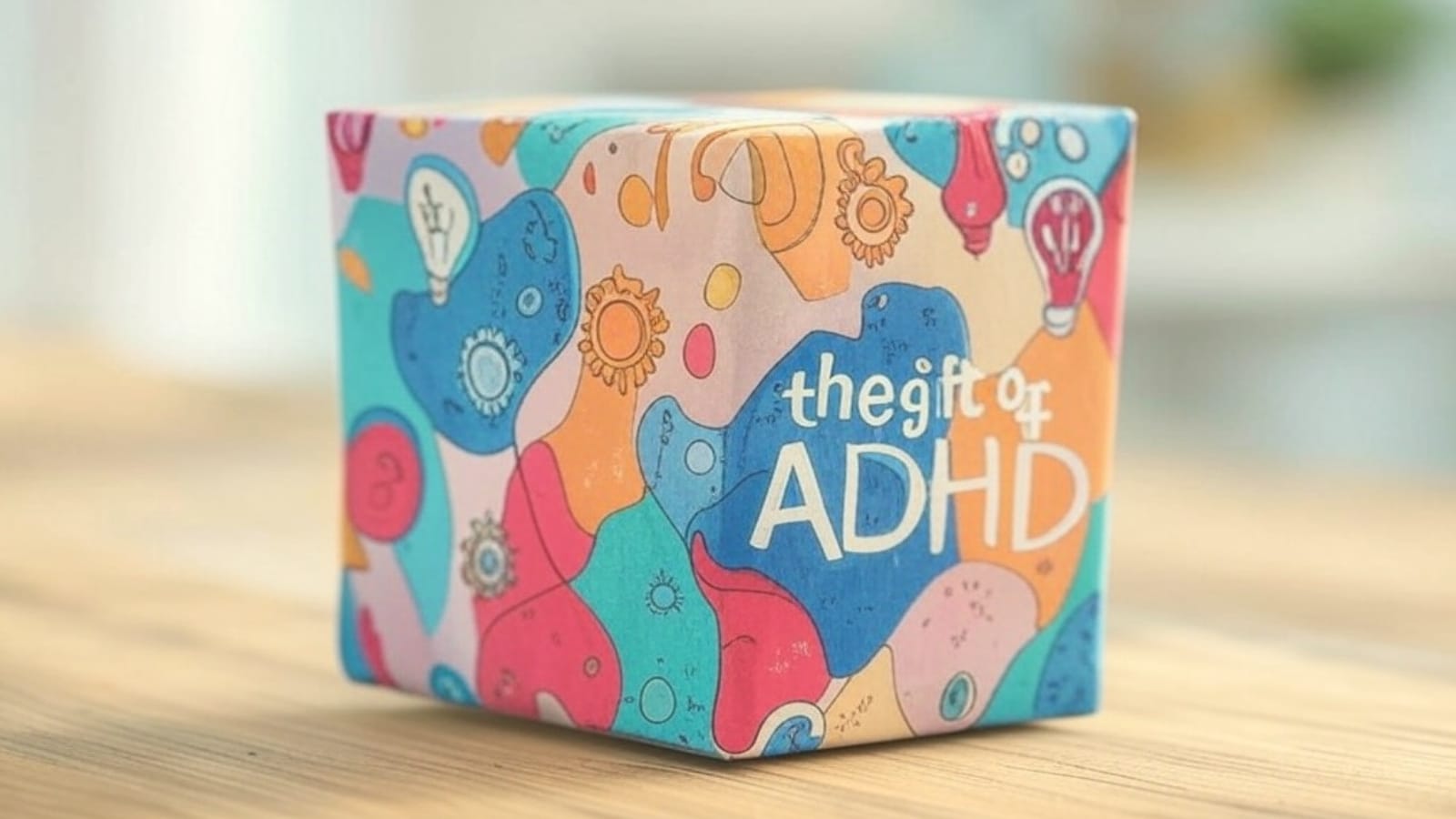Getting the most from your ADHD meds
Clients see real wins in weeks - focus develops, goals stick, success grows

Getting the best from your medication involves titration, digestion, sleep and side-effects. In The New ADHD Medication Rules,: Brain Science & Common Sense Dr Parker outlines the problems of treating ADHD without first establishing reasonable expectations of symptom improvement. The brain science of treating ADHD symptoms with different medical treatments that target vastly different brain processes and regions, is complex. The degree of ADHD and whether issues like depression, anxiety, impulsive behaviour, “over thinking” behaviours are present has a strong impact on effectiveness of specific types of medication. You cannot treat the ADHD symptoms until the mood disorder is controlled.
Psychiatrists prescribe at an initial low dose and typically ask the patient to increase this dose over some time. Often psychiatrists only see their patient for initial diagnosis, and a less experienced GP has to handle medication changes. Fortunately many ADHD adults find the suggested medication and dose to work fine, but for others finding the right medication and dose can be a tough endeavour.
Many other variables can affect the rate of medication metabolism and effectiveness of drugs in any given individual including diet, food intolerances, transit times. His recommendation is to eat sweetcorn or beetroot(!) and to see and time your food “transit”, from in to out. This helps establish how to take medications throughout the day . Overall digestive health has a major impact on how you can absorb medications. Don’t take you ADHD meds with fruit juice or coffee, as amphetamine is less well absorbed from an acid environment
Sadly ADHD medications are far from the success that most psychiatrists suggest, often quoted at 80% success compared to SSRIs at 50%. The reality is that around half of all ADHD adults give up on their medications in the first six month of trialling them. The medications seem to be at peak efficiency with kids and students, when the primary objective is study. Even then they don't help too much with procrastination, the number One ADHD issue, cited by ADHD adults themselves.
As adults we are hoping for a broader range of help, which often isn't achieved. The side effects of meds are not only reduced appetite, increased stress and worsened sleep but also personality changes like reduced empathy, irritation, loss of creativity and reduced mood. Some are lucky and see only benefit in focus but for many, if not most, there is a complex relationship between positive and negative impact.
Due to the high costs in psychiatric time involved in titration, poor understanding of the medications and conservative approaches to different combinations and timing of dosing, it is seldom that adults get the most of their medications. If you can, take your time, titrate slowly over weeks and months - not quickly as most doctors recommend. Try quick release versions as well as slow release, the effects are often very different, try from the different families from stimulants, to dopamine and nor-adrenaline reuptake inhibitors, and check out alpha-antagonists too. Here are my experiences with diagnosis and meds.
Don't expect a miracle but some help is good, so perhaps a low dose is better than high to avoid side-effects. Keep a chart of the pros and cons, like a ten point plan of mood, focus, procrastination and give a mark out of ten each day - that was when the psych asks how are they you can reply with some insight and authority rather than "ok I guess". If you find a med that helps it can change your life so do give it your time and attention.
Don't forget however there are plenty of ADHD adults who are happy and successful without medication. Coaching can help you make the necessary life changes to better align your work and life with your personal traits and style. I was crushed to finally recognise that medications don't work for me when I see them helping many clients. I don't have a problem today though because I changed my life around to reflect my interests and skills so really don't need medications. Coaching can help you figure things out and make the necessary changes, maybe I could help you make some changes too?
Andrew Lewis is an Adult ADHD Coach, writer and founder of SimplyWellbeing. He has over 16,000 hours of experience in coaching over 600 adults with ADHD. Andrew helps entrepreneurs and creatives with ADHD thrive and achieve wellbeing and is always happy to have a free chat to discuss coaching. Andrew ran a major ADHD support group and even an ADHD diagnostic clinic for a while. Andrew is an adult ADHD Coach backed with business expertise from a twenty years career in software, from roles in programming, through marketing, sales at IBM, then to running a few software start-ups.


